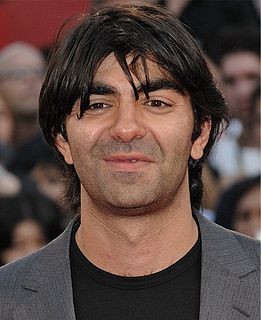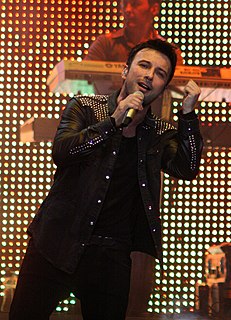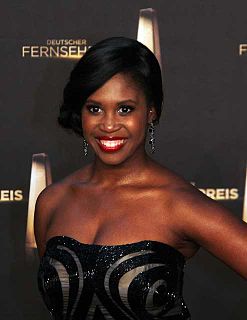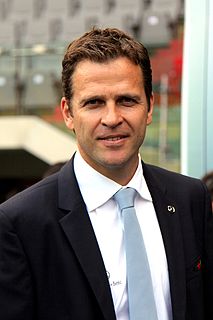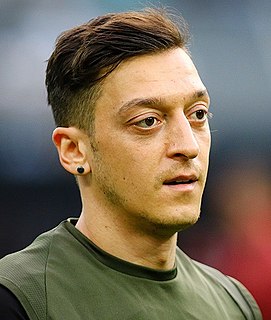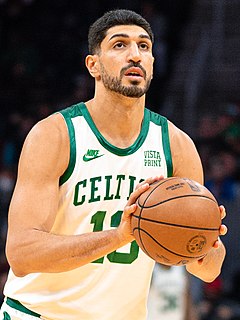A Quote by Fatih Akin
The Turks who live here in Germany don't get their information from German media. They read Turkish newspapers and watch Turkish television. A sort of parallel media world has developed in Germany, especially as a result of technological advances like satellite TV and the internet.
Related Quotes
Our junior national teams feature increasing numbers of kids from immigrant backgrounds, but who have grown up in Germany. Their roots are elsewhere, but they feel German. They draw on two cultures, and I believe that's been a real and visible factor in the football we've been playing. One of the best and abiding images was Cacau, a Christian with Brazilian roots, celebrating a goal with Mesut Ozil, a Muslim from a Turkish background. Ozil jumped on to Cacau's shoulders, and they gazed up into the stands, both wearing Germany shirts. It was wonderfully symbolic.
We've seen in Europe after the recent terrorist attacks a certain retrogression in human rights. It depends on how threatened the Turks feel. For example, Turkey became much more tolerant towards Kurdish nationalists when the killing of Turkish soldiers stopped in southeastern Turkey and body bags stopped arriving. Now, since June there's been a revival of Kurdish attacks on Turkish troops - something like 150 people have been killed by terrorists supplied from and operating out of bases in northern Iraq. So Turks are feeling much less tolerant of Kurdish nationalism.
